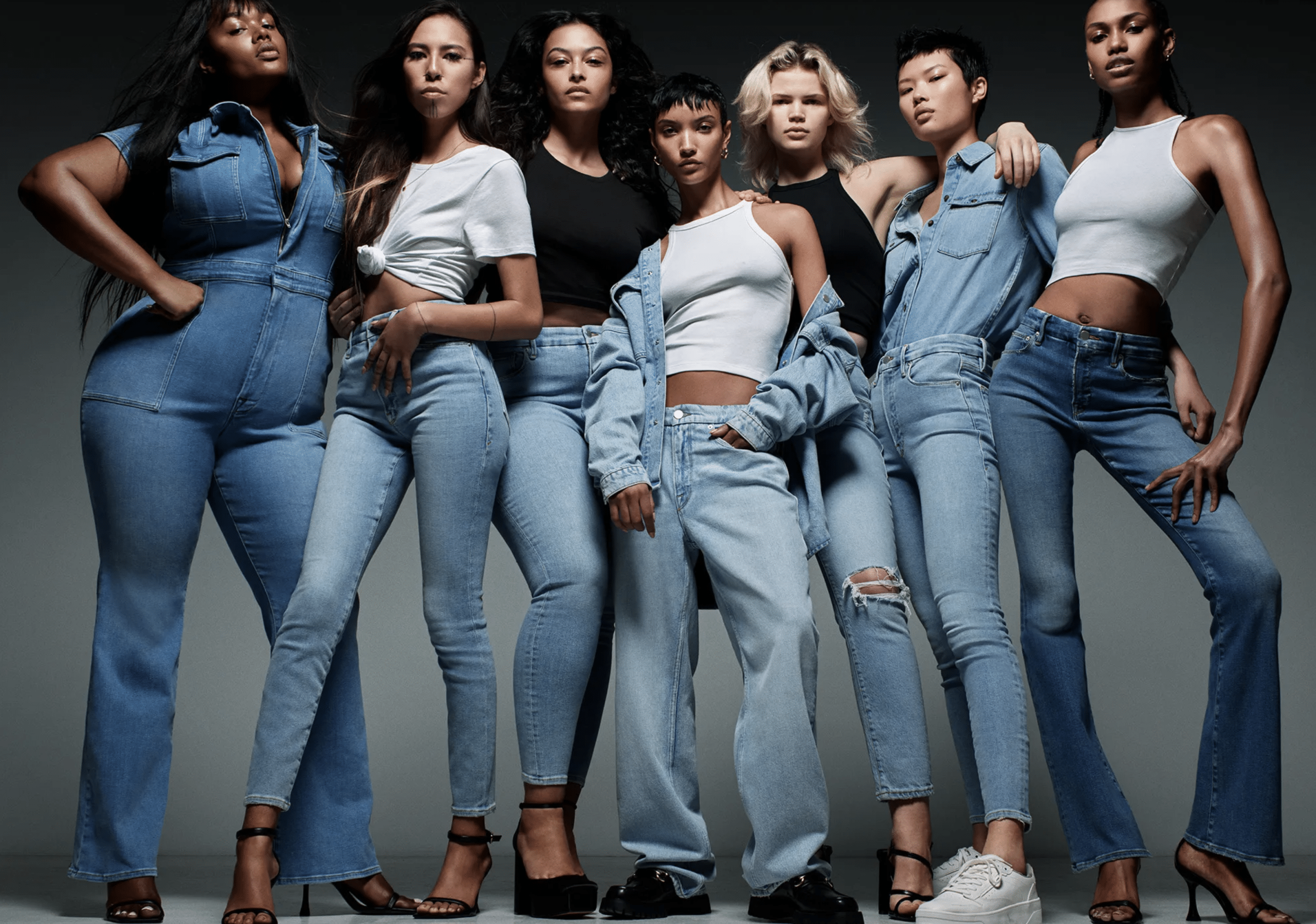With environmental and social standards at its core, the certified B Corp company is becoming more popular as consumers and businesses favor a new economy.
B Corp-certified companies are gaining attention at the moment, with both established businesses and emerging entrepreneurs opting for a more conscious commercial approach and consumers keen to support them. But while the term B Corp is heard with increasing frequency, many consumers are still unsure as to what it stands for. A wider understanding of its definition is crucial, as shoppers seem keen to opt for more ethical purchases, but can be confused and put off by greenwashing, and unsure of which claims they can trust.
Although it may be reaching peak popularity now, the B Corp movement has been around for some time, created in 2006 by the non-profit organization B Lab. It had one lofty goal: to transform capitalism. B Lab’s co-founders — Jay Coen Gilbert, Bart Houlahan, and Andrew Kassoy — planned to do this by changing the focus of for-profit brands.

While these companies still need to make money, that is not their only goal. Instead, equally important, is meeting certain environmental and social standards, which are assessed by B Lab, using its B Impact Assessment tool. The certification process, which is rigorous, involves checking back every three years, to ensure standards are maintained.
‘A different kind of economy’
As explained on the B Lab website: “We began in 2006 with the idea that a different kind of economy was not only possible but necessary — and that business could lead the way towards a new, stakeholder-driven model. “B Lab became known for certifying B Corporations, which are companies that meet high standards of social and environmental performance, accountability, and transparency.”
But, they added, they do much more than that. “We’re building the B Corp movement to change our economic system and to do so, we must change the rules of the game. B Lab creates standards, policies, tools, and programs that shift the behavior, culture, and structural underpinnings of capitalism. “We mobilize the B Corp community towards collective action to address society’s most critical challenges.”
The rise of the B Corps
It’s certainly an ambitious mission, but it’s one that’s been gaining significant ground.
Since the creation of the B Corp certification, more than 100,000 companies have applied. But by 2022, only around 5,000 companies had earned the certification —a process long perceived as rigorous and out of reach for large corporations with complicated supply chains. But in recent years, the number of B Corp certifications skyrocketed. As of February 2024, there are more than 8,000 certified B Corporations across 162 industries in 96 countries — a 60 percent increase in just two years.
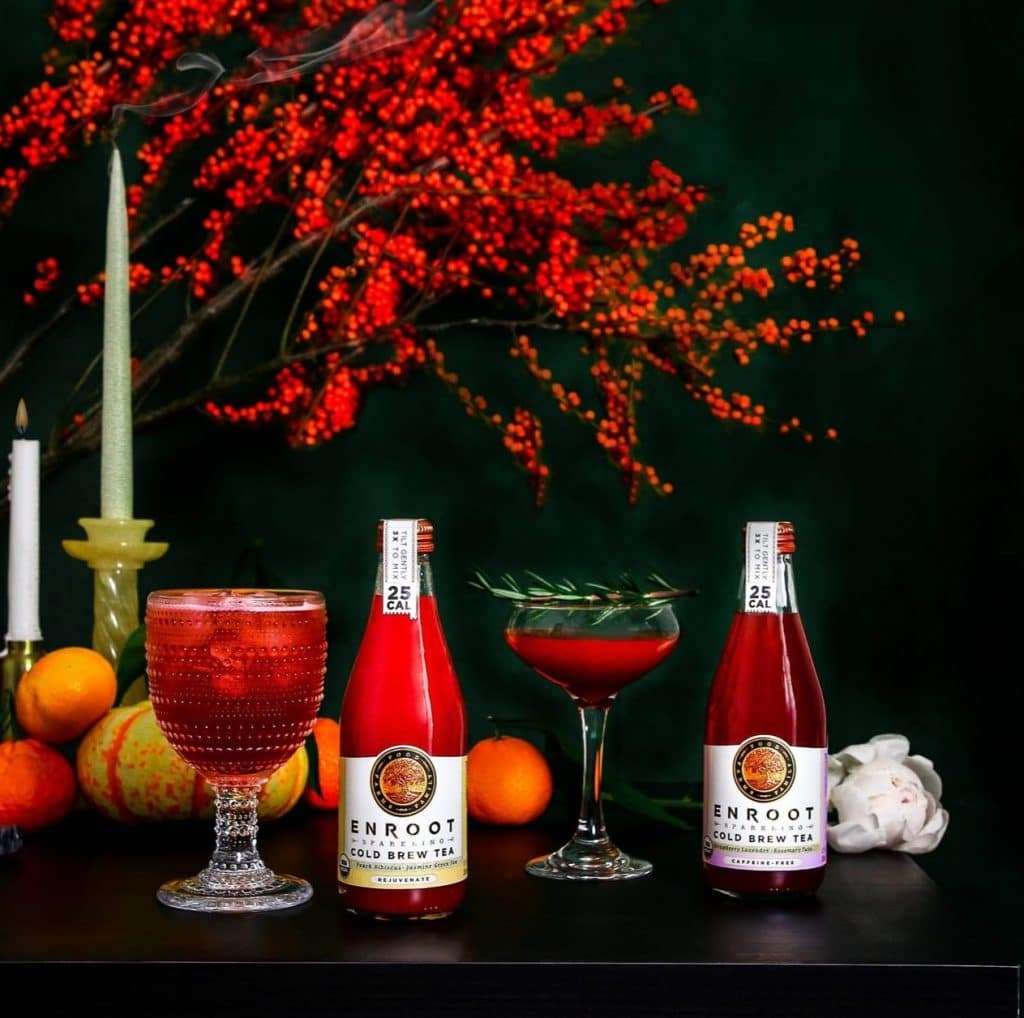
Certified brands include commercial giants like outdoor gear company Patagonia, Dr. Bronner’s, Toms Shoes, Athleta, and Allbirds. Danish luxury label Ganni is B Corp certified now as it Khloé Kardashian’s Good American. In 2021, French luxury label Chloé became the first luxury label to earn the mark. Brad Pitt’s organic sparkling tea company, Enroot, also earned it as did 70-year-old Kentucky bourbon company Maker’s Mark. Luxury skincare label L’Occitane and secondhand luxury platforms Vestiaire Collective and Fashionphile all earned theirs last year.
But in the last two years, with the number of companies earning the mark rapidly increasing, questions have arisen about whether or not the certification has lost its credibility. Last year, the U.S.-based B Lab, which conducts B Corp assessments, initiated a probe into the B Corp accreditation of four Havas media agencies after their controversial deal with Shell, spurred by 26 advertising firms advocating for fossil fuel disengagement. The inquiry reflects growing scrutiny over B Corp’s legitimacy, especially post-2020 with the launch of the B Movement Builders for large public companies. The controversy peaked in 2022 when B Corp coffee businesses and the Fair World Project criticized Nespresso’s B Corp status due to its human rights and business practices.
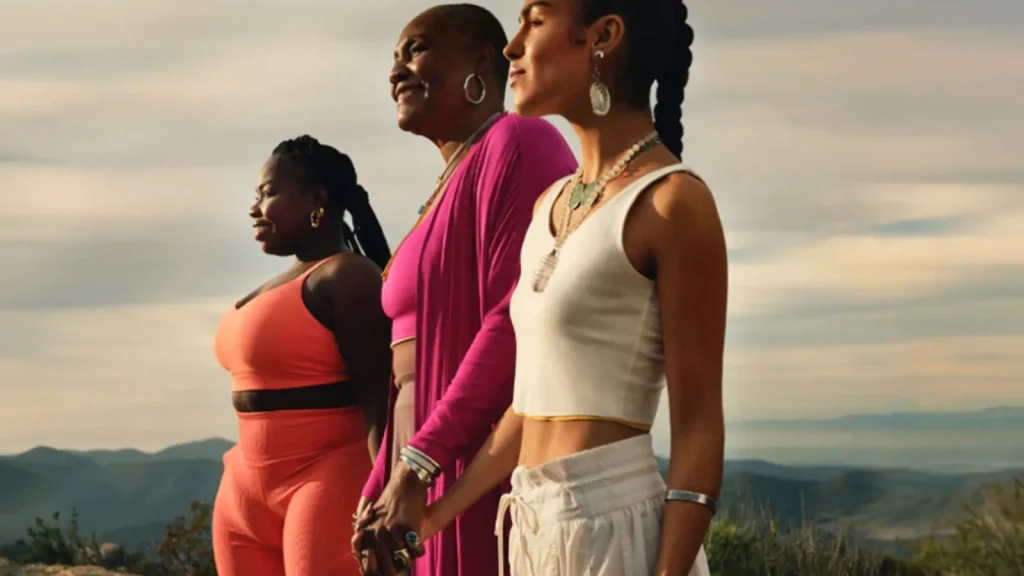
There have been other questions about companies earning the mark, too. In 2022, the Scottish beer giant Brewdog faced backlash for its workplace culture, leading to its certification loss. The proliferation of certification schemes confuses consumers, with experts arguing that certifications should be part of a broader sustainability strategy. The process for obtaining B Corp status, criticized for its reliance on self-reporting, has been under review, amid concerns it may enable greenwashing. B Lab defends its methods, though, emphasizing re-certification every three years and its commitment to inclusivity and accessibility, despite critiques that more robust regulatory measures are needed to combat human rights issues and climate change effectively.
B Corp Month
B Corp brands are celebrated every March, which marks global B Corp month, during which retailers bring the B Corp model to the forefront of consumers’ experience.One of the biggest examples of a retailer promoting these companies launched in 2022: U.K. online shopping giant Ocado launched a B Corp aisle, featuring more than 1,100 products from more than 35 B Corp certified suppliers. These include Ella’s Kitchen, Innocent, Method, Charlie Bingham’s, Pip & Nut, Teapigs, Proper, Ben & Jerry’s, and Cheeky Panda, among others. Ocado branded the move a ‘really positive step for both our customers and our sustainability efforts’.
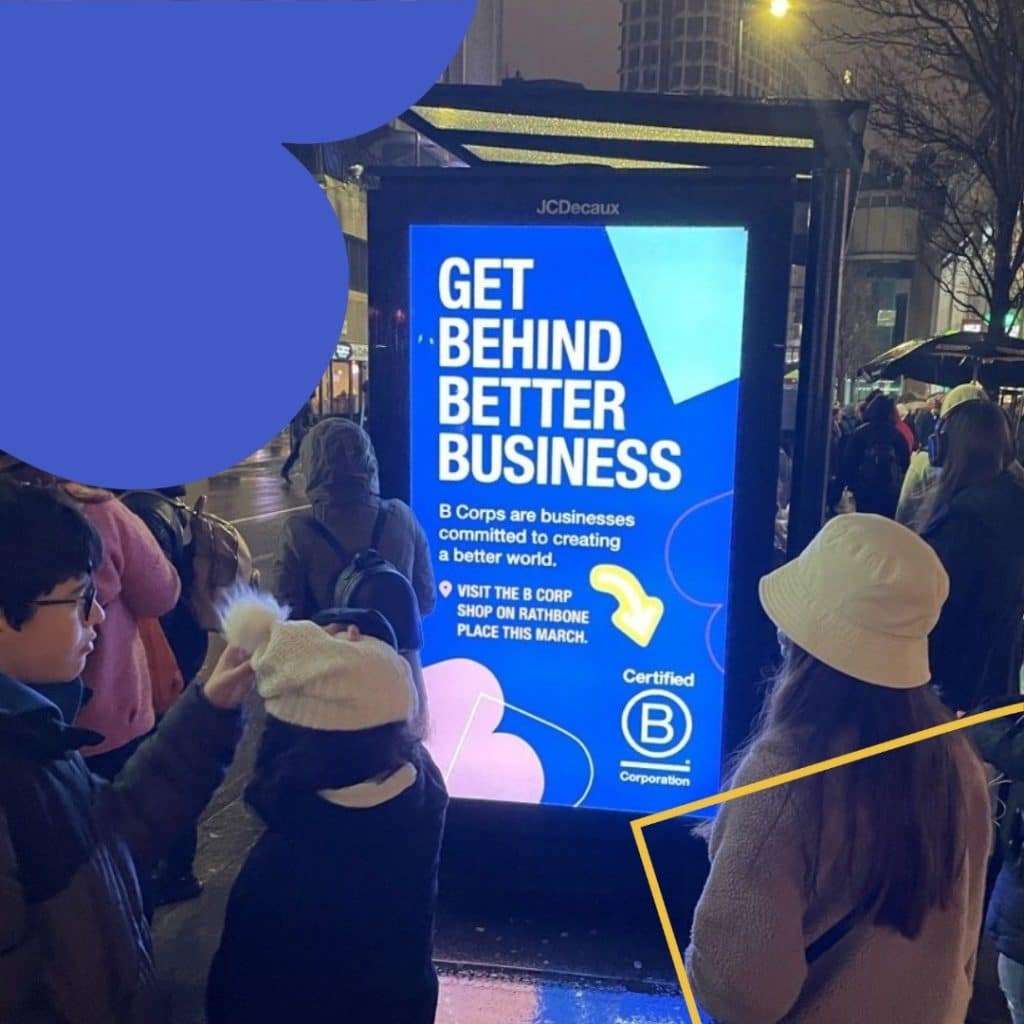
“We’re delighted to be making greener choices easier for Ocado customers by gathering all these amazing brands that have made a commitment to building a more sustainable future, in one easy-to-find place,” Jo West, head of sustainability at Ocado Retail, said in a statement.
Also in 2022, a month-long pop-up came to central London for the B Corp month celebration. The outlet, called Good News, was aimed at driving awareness and excitement, helping to shine a light on businesses and brands that are B Corp-certified. But the shop wasn’t a retail outlet for the products. It was positioned instead as an educational spot, focused on storytelling and supporting consumers in their pursuit of doing better for themselves and the planet.
The project was led by B Corps Cook, Danone, Bruichladdich Distillery, and Vita Coco in collaboration with PR company Freuds. Ed Perry and Rosie Brown, co-CEOs of Cook, said in a statement: “More of our customers are seeing the B Corp logo as a stamp of credibility.
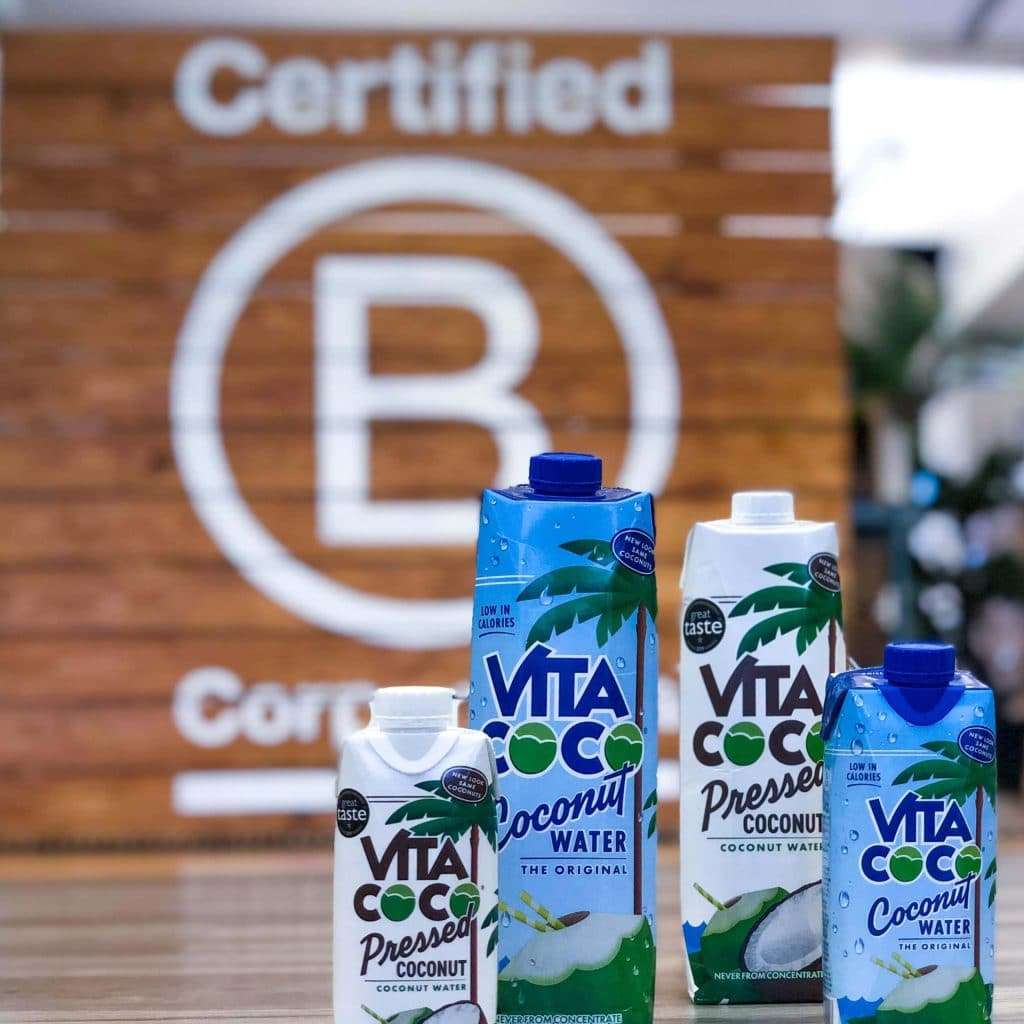
“They want to shop ethically, and the B means a brand is walking the walk, not just talking the talk when it comes to ethical business. We urge people to challenge brands as to why they’re not B Corps,” they said.
But what can the increasing awareness around B Corp businesses actually change? Can doing business more fairly and sustainably really have the kind of social impact its founders envisioned? Co-founder Andrew Kassoy certainly believes so. “I don’t think changing business is going to change everything,” he said to Pioneers Post. “But I do think this link between capitalism and democracy, and the way business behaves in a democratic system makes a big difference.”
Related on Ethos:

